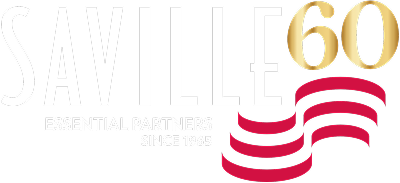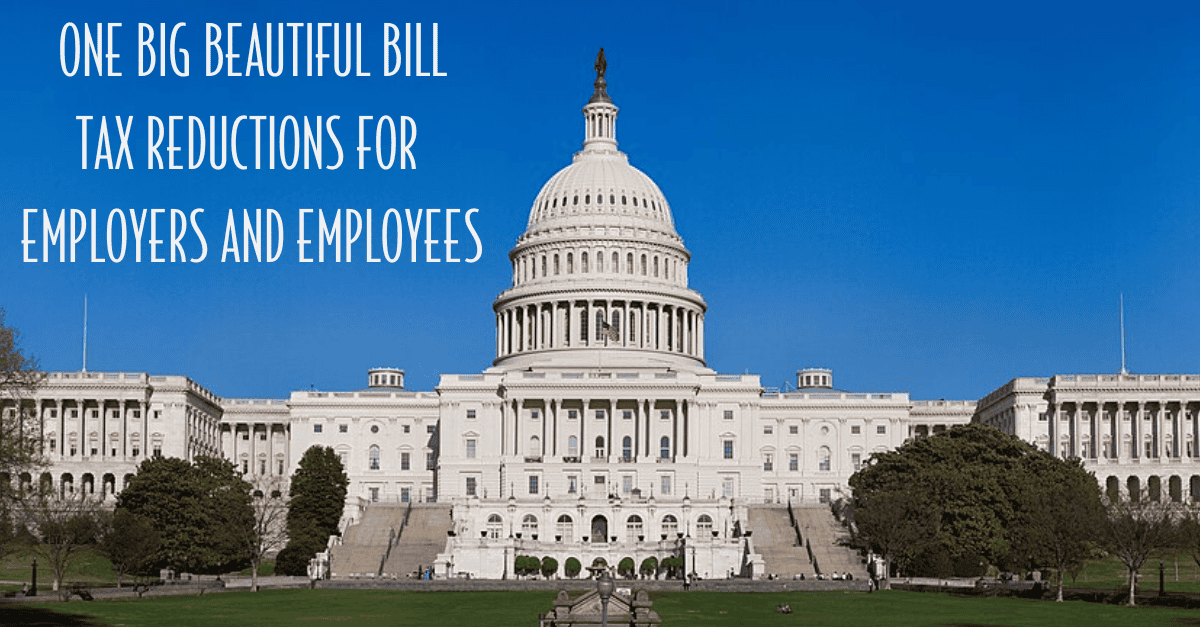New Tax Deductions for Workers Introduced by the One Big Beautiful Bill Act
The “One Big Beautiful Bill Act” (P.L. 119-21), enacted on July 4, 2025, brings two notable tax deductions for employees: one for tips and another for overtime pay. These measures aim to enhance workers’ take-home earnings but also introduce new administrative challenges for employers, particularly in industries like hospitality, retail, and healthcare. The law is retroactive to January 1, 2025, and effective through 2028.
Overview of the Deductions
1. Tip and Overtime Deductions
- Employees can deduct up to $25,000 in qualified tips and $12,500 in qualified overtime premiums from their taxable income.
- For overtime, only the “premium” portion, the additional half-time pay above the regular hourly rate, qualifies. For instance, if an employee earning $20/hour works 50 hours in a week, the $10/hour premium for the 10 overtime hours ($100 total) is deductible.
- For tips, while all tips must still be reported, only a portion may qualify for the deduction, subject to income and annual caps. Both deductions are available regardless of whether the taxpayer itemizes deductions.
2. Income Limits and Caps
- The deductions are capped annually at $25,000 for tips and $12,500 for overtime ($25,000 for joint filers).
- Income thresholds are set at $150,000 for single filers and $300,000 for joint filers. The deduction phases out by $100 for every $1,000 (or portion thereof) by which the taxpayer’s Modified Adjusted Gross Income exceeds these limits.
- Married Taxpayers must file jointly to take advantage of these deductions.
Challenges for Employers
Payroll Adjustments
Payroll systems are in the process of being updated to accommodate the new requirements. Many platforms are not yet equipped to enforce the annual caps or income thresholds, leaving employers to manage tracking manually in the short term.
Retroactive Compliance
Since the law applies retroactively to the start of 2025, employers may need to revisit and adjust payroll already processed this year. While some flexibility is allowed for 2025, employers should prepare for potential reporting adjustments.
IRS Guidance and Form Updates
The IRS has not yet issued detailed guidance on implementing these provisions. Changes to forms like the W-2 and 4137 are expected to reflect the new reporting requirements for qualified and non-qualified tips and overtime. Employers should stay alert for updates and be ready to adapt.
Steps Employers Should Take
1. Implement Tracking Systems
Employers should begin tracking qualified and non-qualified tips and overtime now, even if IRS guidance is pending. Establishing a system early will help ensure compliance and simplify year-end reporting.
2. Review Payroll Data
Conducting internal reviews of payroll data can help identify gaps and ensure accurate tracking of income categories. Collaboration between payroll, accounting, and tax teams is essential to address the broader implications of the law.
3. Educate Employees
Employers should proactively communicate with employees about the new deductions, explaining how they work and what information workers need to provide for accurate reporting.
4. Monitor Industry-Specific Impacts
The law’s application varies by industry, with sectors like hospitality and retail being more directly affected. Employers in these fields should pay close attention to how IRS guidance evolves.
Risks and Considerations
The temporary flexibility allowed for 2025 could lead to misuse or misreporting. Employers and employees should exercise caution to ensure compliance with the law’s requirements. Without clear IRS instructions, there is a risk of overestimating deductions or misclassifying income.
Employers should remain proactive and adaptable as the situation develops. Regular communication with payroll providers and tax advisors will be critical. By focusing on preparation, tracking, and employee education, businesses can navigate these changes effectively and minimize disruptions.
If you have any questions regarding these changes, please reach out to your Saville team.

